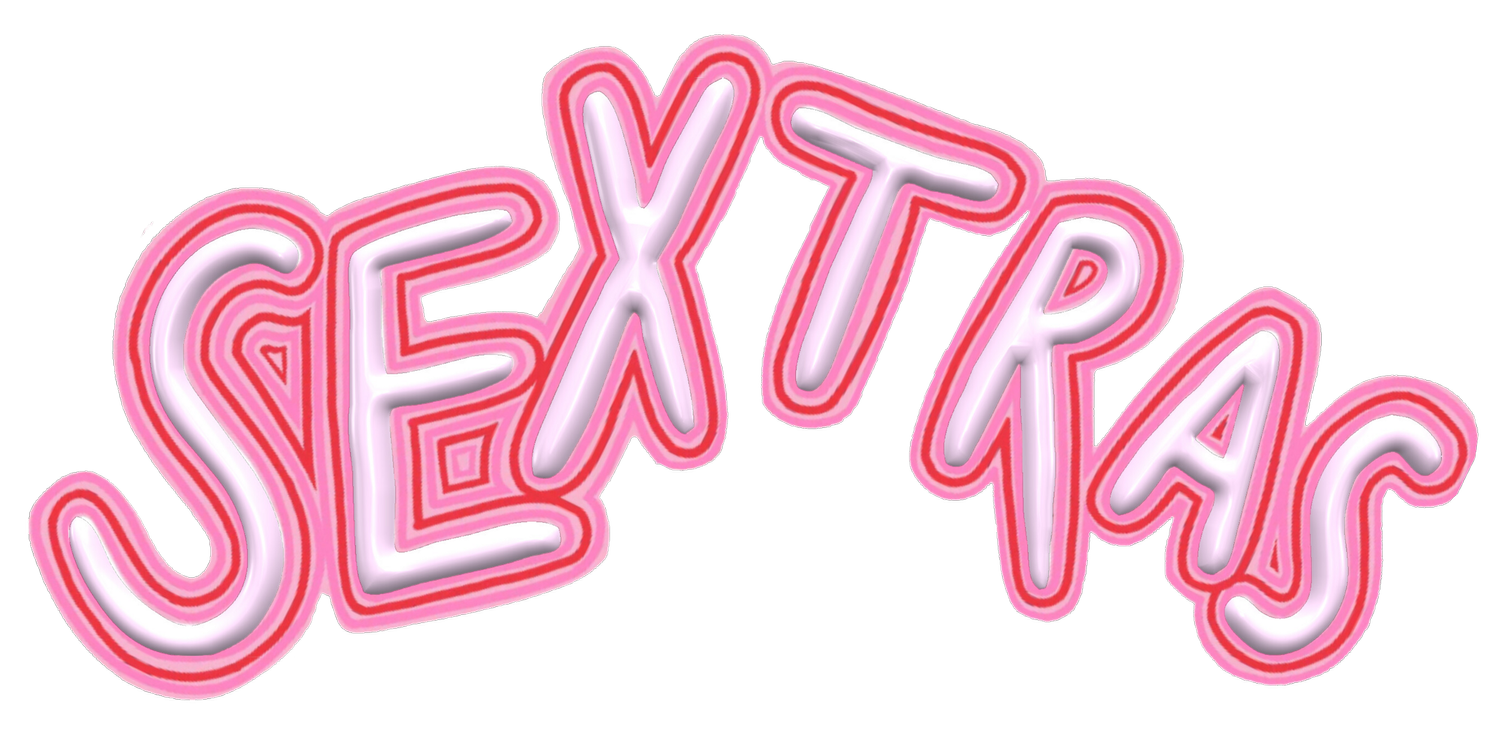Is girlcore feminist?
From hot girl walks to girl dinner, girl maths, and girl books - we are truly in our era of girlification. But, asks Charlie Elizabeth Culverhouse, is the girlcore trend really feminist? And does it have to be?
You can scarcely scroll down TikTok without being confronted by one girl trend or another. We’ve happily ditched the green juices, early morning pilates, and faux-natural ease of ‘that girl’ and replaced her with a whole host of other girl-orientated activities.
We read hot girl books as we sip hot girl mocktails. We breathe in fresh air on hot girl walks and fill our days with girl hobbies - when we’re not bogged down in our lazy girl jobs, that is. We’re eating girl dinners, practising strawberry girl makeup, and justifying purchases with girl maths. We’re in the age of GirlCore.
TikTok has girlified nearly everything. The mundane necessities of living, from having dinner to doing laundry, are so often isolating and boring but GirlCore has introduced community and connection into every aspect of the day. Instead of reading alone in my bedroom, I’m partaking in a story bigger than myself as millions of other women do the same across the globe.
Instead of shopping alone, I’m one of many women enjoying a hobby beloved by others. The girlification of these tasks takes me out of myself, reminds me other women feel and enjoy what I do too. It’s surprising how much easier it is to carry out menial tasks when I know other women are doing them too and it’s all thanks to the simple addition of the word ‘girl’ to the front of any activity.
“It’s essential to recognise that interpretations of feminism vary and not all aspects of the girl trends may align with every feminist perspective”
“Adding 'girl' in front of everyday tasks helps to create a sense of togetherness and empowerment among women because it shows us we’re not alone,” says Hope Flynn, founder of FeedmeFemale, a female self-empowerment platform and community. “It's a way to embrace and celebrate your femininity while turning those daily chores into moments of solidarity and having a laugh with other women.”
The simplicity of the trend, Flynn believes, shows the glaring need for it, the desire among so many women to find connection through whatever means they can. “If simply adding 'girl' to various activities helps us participate in forming a shared culture and helps us to find community, then this shows there is a need for this type of sisterhood,” she explains.
“Even though this started as a trend, the fact it’s still going and being used more and more suggests there really is a deeper desire for women to find a sense of union and identity through these girlified activities - it’s more than a passing fad or trend.”
As with any women-centric trend online, however, there is a huge and divisive discourse surrounding girl trends on TikTok, with some understandable arguments on both sides. As Dr Lalitaa, a psychologist and author of upcoming release High-Functioning Anxiety: Five Steps to Learning You Are Good Enough, pointed out, different people have different opinions on the significance of these girl trends.
“While some see them as empowering and celebratory of womanhood, others view them as trivialising feminism by focusing on mundane activities. It ultimately comes down to individual preferences and perspectives. While the trend can foster connections among women and celebrate aspects of femininity, it may also perpetuate stereotypes or distract from more substantial feminist issues.”
Flynn, who personally loves the girl trend for the way it “allows me to get insight to what my friends and other women are up to in their daily lives”, can understand Dr Lalitaa’s view. “It’s essential to recognise that interpretations of feminism vary and not all aspects of the girl trends may align with every feminist perspective,” she says.
But Flynn doesn’t think that’s a bad thing. Girl trends don’t need to be outwardly feminist in any way, shape or form. Sure, they could act as a push for women to gain wider knowledge on feminism and educate themselves on how to better support other women, but, before that, they’re just something fun. Not everything a woman does has to be feminist.
“While the trend can foster connections among women and celebrate aspects of femininity, it may also perpetuate stereotypes or distract from more substantial feminist issues.”
Though girl trends do encourage a connection between women and give them a sense of being powerful as a collective, supportive community, which is inherently feminist as Flynn points out, they’re not trying to further the feminist cause. They are offering solace and community to a group of people who just so happen to be women.
That is all they want to do and that’s ok! Girl trends can matter a lot to women without having to fit within the feminist scope. We don’t need to put more weight into them than the simple fact that they’re fun.
The influence of TikTok on modern day feminism is something we’re going to be dissecting and talking about for years to come but there’s no argument it’s paved the way for a much broader representation and understanding of what feminism is and can be. And that looks different to everyone.
In defence of GirlCore, Flynn says, “These trends may not directly be seen to be changing the face of feminism but they are definitely advocating for other conversations around concerns and issues that women face on a daily basis.” At its core, GirlCore’s biggest aim is to celebrate women, help them lift each other up, and create a safe online community where everyone feels accepted and supported.
On a platform where we're bombarded by women putting other women down in comment sections, bullying each other for liking skincare too much or not enough, and calling them silly for buying Stanley Cups or not buying Stanley Cups, can’t we just enjoy some uplifting connection, even if it doesn’t further the feminist cause?
I want to do my washing, read my book, and go for a walk. And that’s easier for me to do when I know you are all doing it too. It really can be that simple, right?


